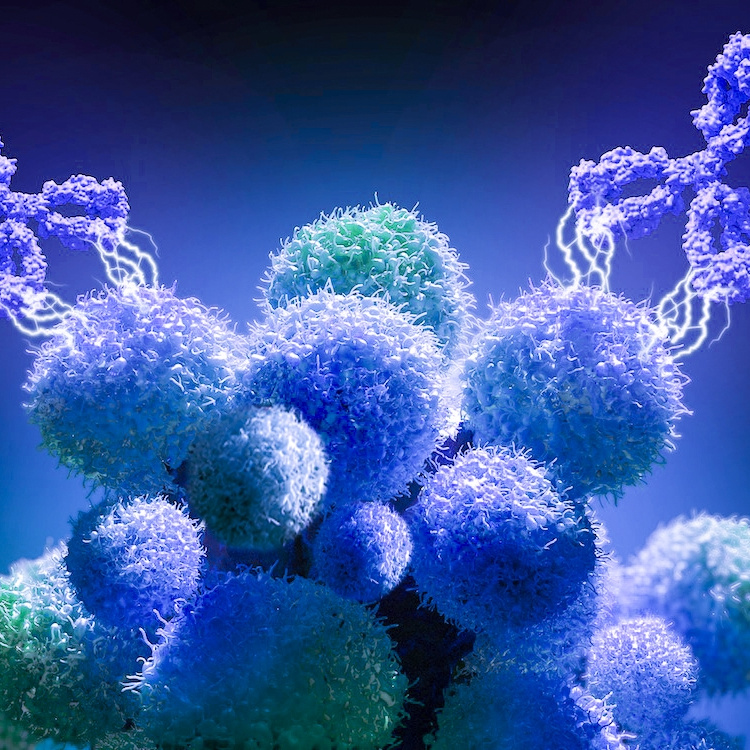Promote Drug Development Process
General Information
Bioantibody first-in-class and best-in-class portfolio is designed to address significant unmet medical needs through the development of mono and bi-specific protein therapeutics, antibody drug conjugates and macrophage stimulating agents for patients worldwide.
History
The ground-breaking discovery of monoclonal antibody (mAb) technology by Kohler and Milstein in 1975 provided the possibility of creating antibodies as a class of therapeutics (Kohler & Milstein, 1975). Monoclonal antibodies (mAbs) are one of the most widely used drug platforms for infectious diseases or cancer therapeutics because they selectively target pathogens, infectious cells, cancerous cells, and even immune cells. In this way, they mediate the elimination of target molecules and cells with fewer side effects than other therapeutic modalities. In particular, cancer therapeutic mAbs can recognize cell-surface proteins on target cells and then kill the targeted cells by multiple mechanisms.
Humanization greatly reduces a therapeutic antibody’s immunogenicity in humans, making chronic administration possible. Such advances in antibody technologies have resulted in an explosion in the development of therapeutic mAbs over the last decade. A series of antibody derivatives, which include Fc-fusion proteins, antibody-drug conjugates (ADCs), immunocytokines (antibody-cytokine fusions), and antibody-enzyme fusions, are also developed and commericialized as a new treatment.
Drug effects
For patients, new targeted drugs mean fewer side effects, fewer hospitalizations, improved quality of life, increased productivity, and importantly, extended lives. But drug development is a long, complex process.
Reference
Kohler G, Milstein C. Continuous cultures of fused cells secreting antibody of predefined specificity. Nature. 1975;256:495–497. doi: 10.1038/256495a0
Ecker DM, Jones SD, Levine HL. The therapeutic monoclonal antibody market. MAbs. 2015;7:9–14. doi: 10.4161/19420862.2015.989042.
Peters C, Brown S. Antibody-drug conjugates as novel anti-cancer chemotherapeutics. Biosci Rep. 2015;35(4):e00225. Published 2015 Jul 14. Available at https://pubmed.ncbi.nlm.nih.gov/26182432/. Accessed July 2020.
Reichert, J.M., and Valge-Archer, V.E. (2007). Development trends for monoclonal antibody cancer therapeutics. Nat Rev Drug Discov 6, 349–356.
Lazar, G.A., Dang, W., Karki, S., Vafa, O., Peng, J.S., Hyun, L., Chan, C., Chung, H.S., Eivazi, A., Yoder, S.C., et al. (2006). Engineered antibody Fc variants with enhanced effector function. PNAS 103, 4005–4010.



